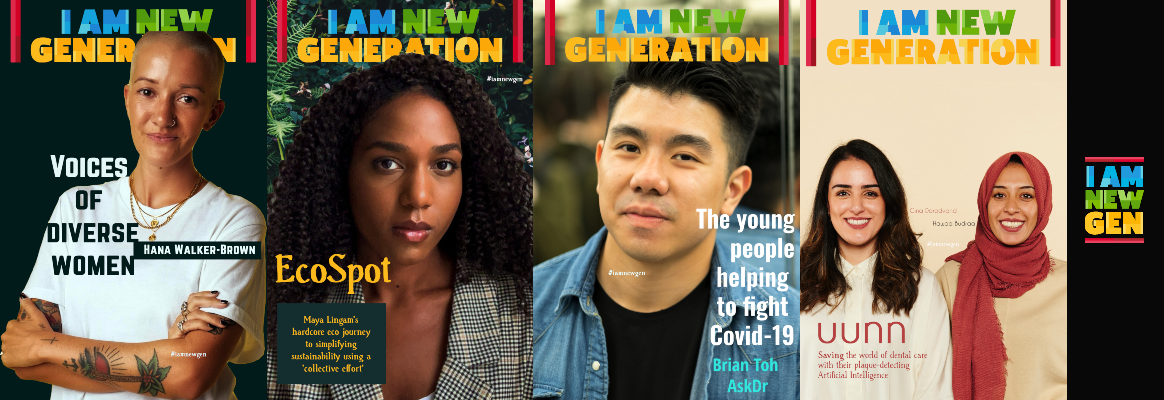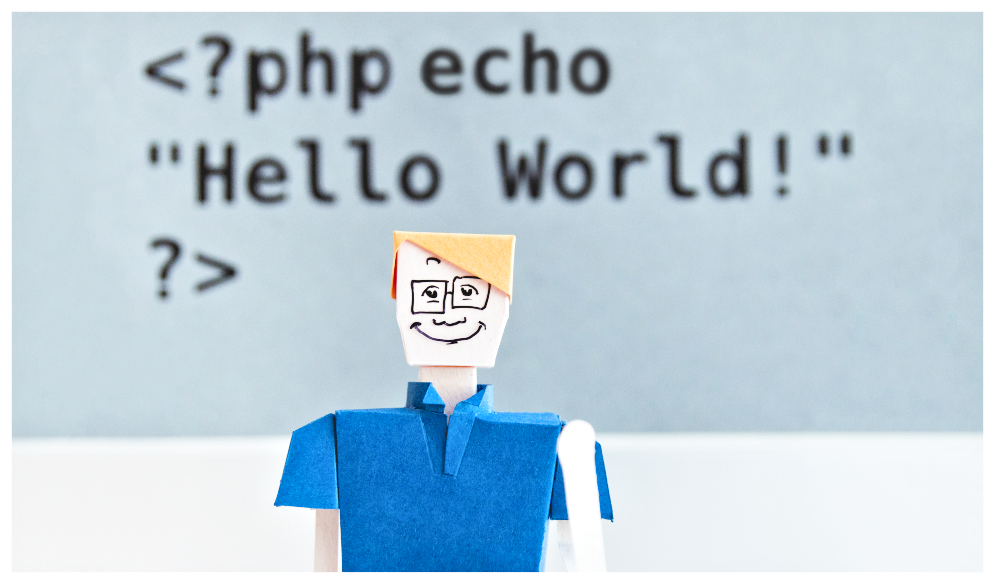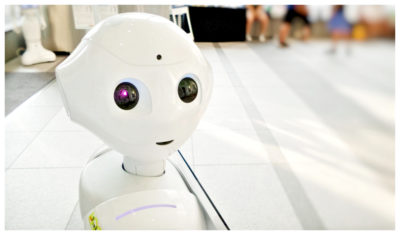In these challenging times, there’s no doubt in my mind that technological advances in AI are set to propel the HR function into the unknown. Failure to adopt this new technology will be a risk to our competitive advantage.
Our world is constantly changing and since the onset of the industrial revolution, our working lives have evolved at a rapidly increasing rate, and we’re currently embracing the digital era.
But such evolution would not be possible without our innate ability as humans to adopt technological innovations and new working practices.
Today’s Generation Z workers – those born in 1996 onwards – might struggle to imagine how their predecessors in the not-so-distant past used cumbersome telephones tethered to their desks, while handwriting letters that would take a day or two to reach colleagues in other regions, let alone other countries.
HR’s mission is to provide support for organisations and their people while ensuring compliance and generating a competitive edge. Although it’s still early days, HR is already using a range of advancements in Artificial Intelligence:
- Recruitment – First line interview processes are often being led by either a bot or a streamlined video, ensuring increased efficiency and compliance, while eliminating human bias at the start of the recruitment journey.
- Employee Service Centres – HR is adding chatbots to online employee portals in the same way that many other service-oriented organisations are deploying them. Chatbots are bringing higher satisfaction rates, reduced costs and increased efficiencies in first-line customer support cycles.
- AI and Recruitment Process Management (RPM) – AI alongside RPM is being used to predict employee training requirements and gain a better understanding of an organisation’s needs.
The future of HR is fully embedded within these technological advances, even though all the tools and services listed above are still in their infancy.
The important thing to bear in mind is that companies are developing AI to create a more empathic way to communicate with audiences. This brings us to the big question – Will your next manager be a chatbot?
There is certainly scope to have some management functions outsourced to the bots. After all, they are very fast and extremely reliable.
In an ideal world, they would be the perfect way to eliminate challenging issues like bullying, harassment, racism, ageism and victimisation from the workplace once and for all?

In the last couple of decades, we’ve seen so much advancement that I never dismiss anything, no matter how outlandish.
But at the same time, I firmly believe that people will never be replaced by machines. This is especially true in the world of HR where clear and engaging communication is vital.
Did you know that 30% or less of our communication is transmitted through either the spoken or written word?
As humans, we’re an incredibly complex species. We are empathic, creative, compassionate, innovative – to name just a few qualities – and this is what gives us our competitive advantage over machines.
In a business context, such qualities are essential when it comes to engaging customers and convincing them to buy our products and services.
So, there will always be a need for those human capabilities, which cannot be replicated by artificial intelligence.
For example, it’s difficult to imagine hiring someone based on interviews and tests that are only conducted by a bot.
A face-to-face discussion with another human will always be required to ensure that a company’s core values, mission and ways of operating are adhered to.
The managerial role isn’t purely black and white and cannot just be replicated with a suite of algorithms.
After all, a manager requires strongly developed emotional intelligence (EQ skills) to be fully operational in his or her role.
However, there are certain management functions that it’s easy to imagine being delegated to AI.
For instance, approval of holiday requests, workforce scheduling, routine onboarding tasks and so forth.
This, in turn, would enable managers to spend more time and effort focusing on more important human-oriented activities.
Ultimately, people managers will end up doing just that – managing people rather than being accountable for results as well as people.
That’s why HR must focus its attention on the human aspect of Human Resources, protecting and building on everything that is human in the workplace.
Post By: Julie Provino, international HR leader and founder of VeryHR
Images Copyright – Unsplash
More Stories
Artificial Intelligence: The Influence of Technology on Creativity and Art
Why Emotional Intelligence and not technical skills determines career success
Using My Tech Startup To Stand Up Against Gender, Racial And Disability Bias In The Workplace











